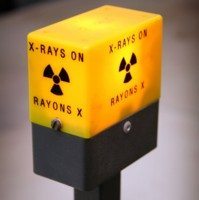Cold Plasma Appears to Improve Mesothelioma Treatment
Adding a technique called Cold Plasma Coagulation to the mix when using surgery and intra-operative chemotherapy seems to help protect mesothelioma patients against certain complications, according to a new study. Mesothelioma, a malignancy that affects the linings around the lungs and internal organs, is caused by asbestos exposure and is notoriously difficult to treat. Depending on the stage of their cancer and their health status, most patients receive a combination of treatments which may include chemotherapy, radiation, radical surgery (Extrapleural pneumonectomy or EPP), or pleurectomy and decortication (P/D), a less radical surgical approach. Even with these various combinations, many patients succumb to the disease within 18 months of diagnosis. In an effort to improve mesothelioma survival rates, surgeons in recent…









